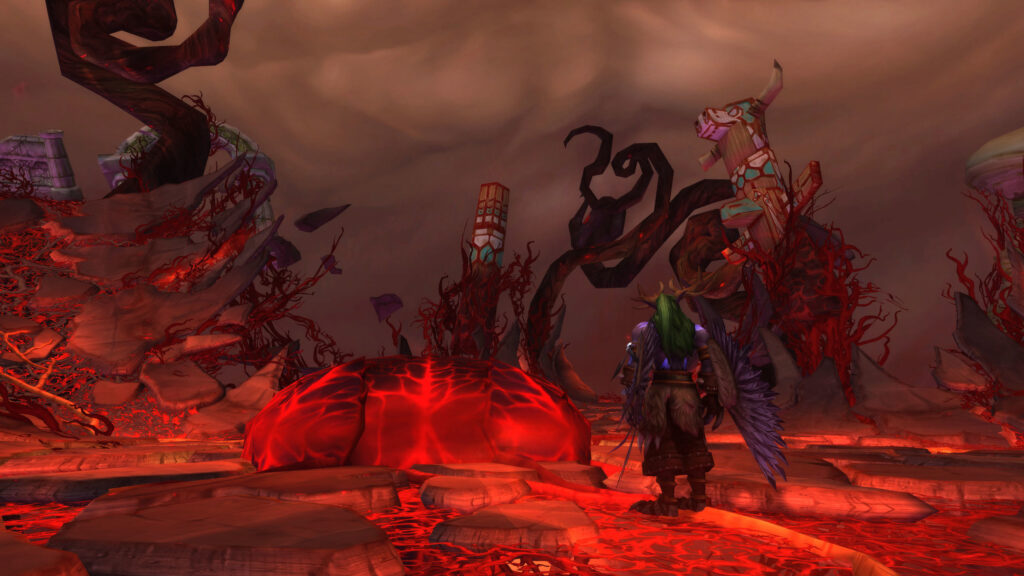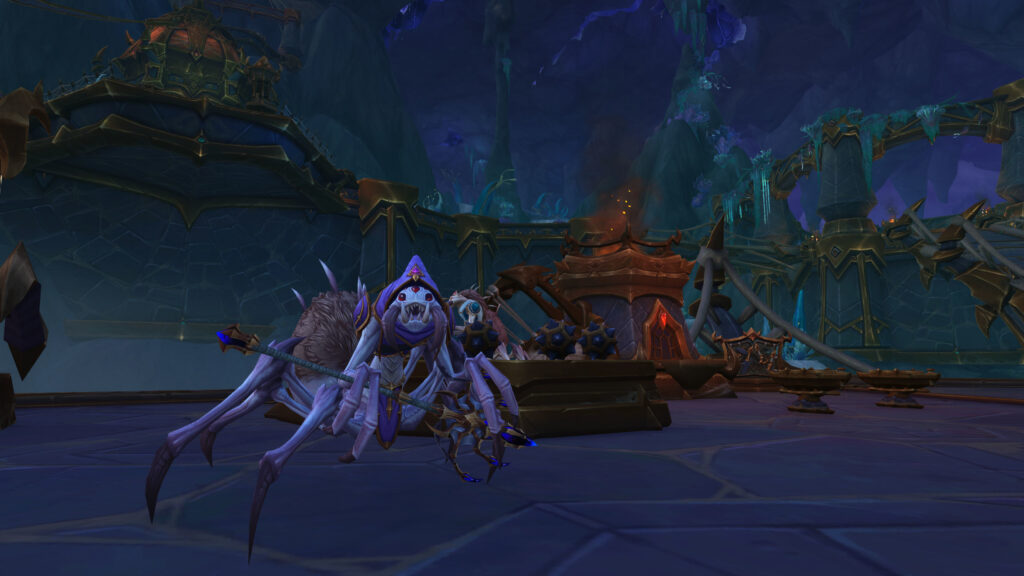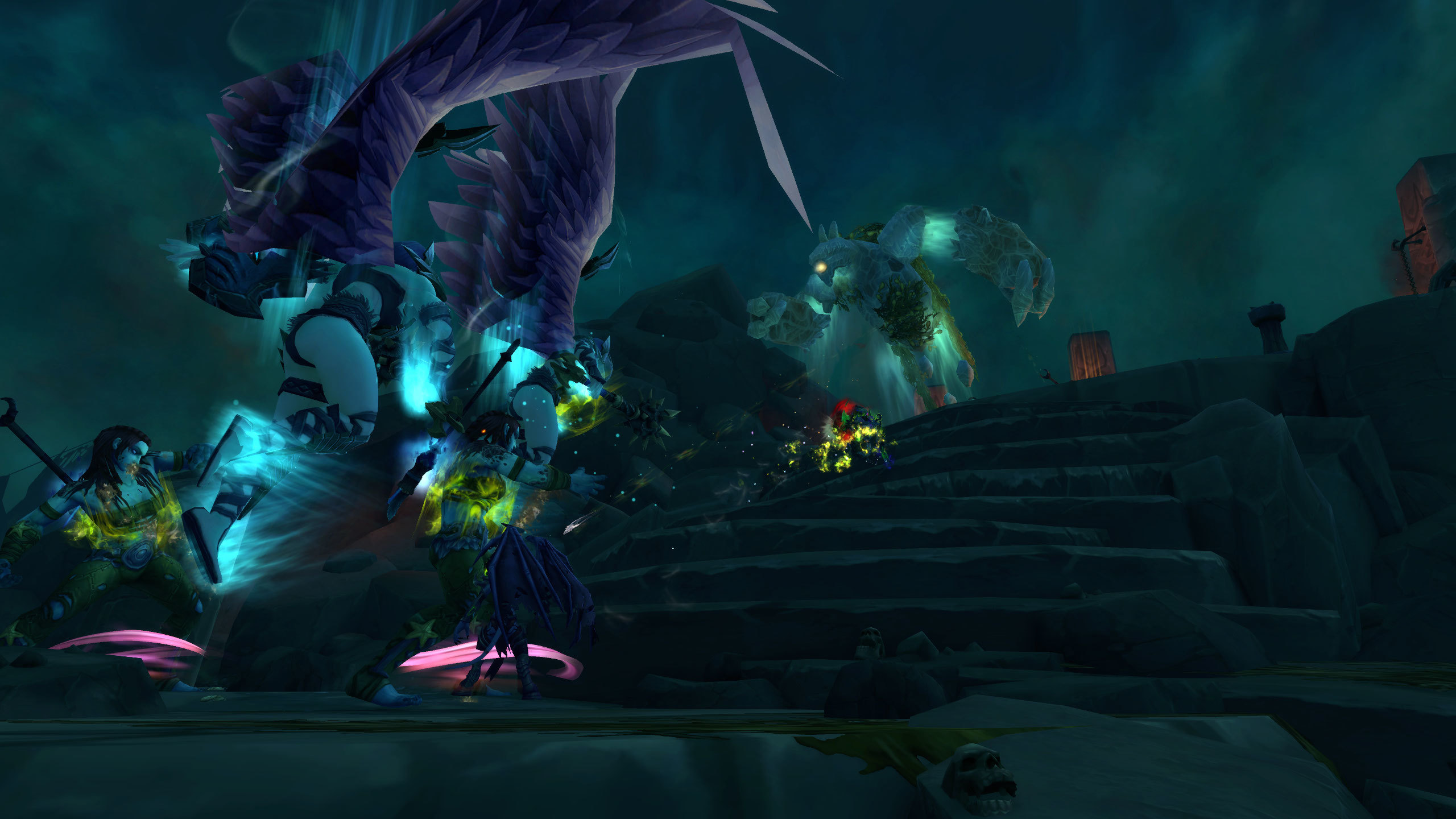Introduction. Few topics in World of Warcraft’s history have sparked as much passion as player housing. For nearly two decades, fans have dreamed of building personal spaces in Azeroth—a feature that would merge creativity, social interaction, and immersion. While systems like Garrisons and the upcoming Warband hubs have flirted with the idea, the community’s debate over what true player housing should be has only grown richer. Across expansions, the conversation evolved from simple requests for customization to deep discussions about identity, economy, and community storytelling.
This article explores the history, aspirations, and ongoing dialogue around player housing in WoW, and why it remains one of the game’s most enduring and emotional topics among fans.

The Early Dreams and Missed Opportunities
Player housing discussions began as early as Classic WoW. Players imagined homes in Stormwind or Orgrimmar where trophies, pets, and achievements could be displayed. The idea represented more than vanity—it was about belonging. While other MMOs like Final Fantasy XIV and EverQuest II implemented housing systems, WoW remained focused on adventuring, leaving this dream unfulfilled.

The closest approximation came with Garrisons in Warlords of Draenor. Though ambitious, they ultimately failed to capture the spirit of ownership. Garrisons isolated players instead of connecting them, turning what should’ve been a social hub into a personal fortress. The disappointment only intensified calls for a system that embraced community and personalization over isolation.
Community Creativity and Persistent Demand
Even without official support, the community has kept the dream alive through imagination and ingenuity. Players have turned in-game spaces—like inns or class halls—into makeshift homes using transmog, toys, and roleplay. These grassroots efforts highlight how deeply the desire for personal expression runs within the WoW player base. For many, player housing represents a way to tell their own stories beyond combat and progression.
Blizzard’s developers have acknowledged this passion, often discussing the complexity of implementing such a feature. The challenge lies not in creation alone, but in sustainability—housing must complement WoW’s massive shared world rather than fragment it. The studio’s hesitance stems from balancing technical feasibility with social cohesion.
Modern Systems and the Future of Customization
Recent expansions have introduced systems that edge closer to the concept of housing. Warband hubs in The War Within promise shared spaces for players’ alts, while transmog collections, dragonriding mounts, and cosmetic unlocks encourage self-expression. These features, though not housing themselves, build the foundation for a future system that values identity and permanence.

With evolving technology and cross-character progression, the possibility of a modular, customizable player home feels closer than ever. The question is no longer “if” but “how”—and whether Blizzard will prioritize creativity over convenience when designing it.
| Expansion | Feature or System | Relation to Housing Concept | Community Reception |
|---|---|---|---|
| Warlords of Draenor | Garrisons | First experiment in personal space | Mixed—ambitious but isolating |
| Legion | Class Halls | Shared identity and customization | Praised for communal design |
| Dragonflight | Dragon Isles and crafting revamp | Enhanced personal expression systems | Positive—set foundation for creativity |
| The War Within | Warband hubs | Shared player-centric spaces | Seen as step toward true housing |
The Cultural Impact of the Housing Debate
The discussion around player housing transcends game mechanics—it’s about identity and creativity in virtual worlds. The longing for a place to call one’s own reflects how deeply players connect to Azeroth. Forums, fan art, and mock-up concepts show the emotional weight of this feature; players don’t just want homes—they want roots in the world they’ve spent years inhabiting.

This cultural persistence shows how WoW’s strength lies not only in its gameplay, but in the relationships and imagination it inspires. Whether through roleplay, community projects, or aesthetic expression, the housing debate keeps reminding Blizzard that personalization is as much a part of immersion as combat or story.
Conclusion
Player housing remains the great “what if” of World of Warcraft—a dream that has outlasted entire expansions. Its continued discussion reflects both nostalgia and evolution: a desire to make Azeroth not just a world to fight in, but a world to live in. As systems like Warbands and dynamic customization progress, Blizzard edges ever closer to fulfilling that dream. When it finally arrives, it won’t just be a feature—it will be a homecoming decades in the making.

